Search Results
10 results for rare disease
Rare Disease Day 2022: The Evolving Impact of Genomics and Precision Health

In celebration of Rare Disease Day 2022, we reprint excerpts of four previous blogs. Rare Diseases, Genomics and Public Health: An Expanding Intersection (February 17, 2016) Rare Disease Day is celebrated on the last day of February each year. On that day, millions of patients and their families around the world share their stories in order
Posted on byIntroducing the Rare Diseases Genomics and Precision Health Knowledge Base

For the past three years, The CDC Public Health Genomics Knowledge Base (PHGKB) has been tracking the public health impact of advances in genomics and precision technologies. Every day, we provide new information and publications for researchers, health care providers, policy makers, and the general public. We also offer access to the latest epidemiologic and
Posted on by 2 CommentsWhat do women (and men) want? Parents weigh in on genetic testing for rare diseases in children
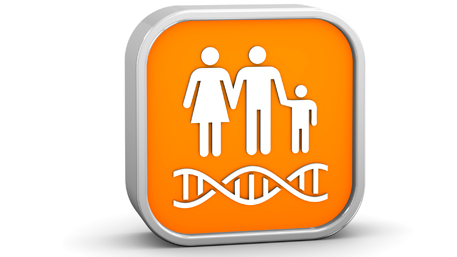
Genetic testing in children has traditionally focused on conditions with clinical actionability or utility. However, parents may want to know whether their child is at high risk of a rare disease even if a treatment doesn’t exist. A newly published article reports on a study conducted by researchers at RTI International and the University of
Posted on byThe need for a next-generation public health response to rare diseases.
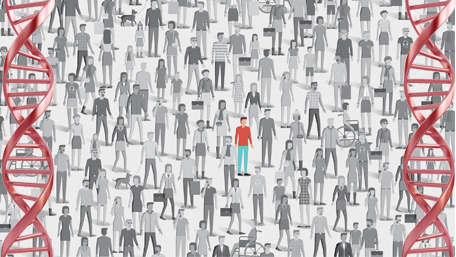
In recognition of Rare Disease Day 2017, we republish, with permission, a modified extract from our recent commentary in Genetics in Medicine. Few public health research activities trigger stronger calls to public health action than research into the burden of disease. This research uses standard measures to quantify actual or potential losses that populations may
Posted on by 4 CommentsRare Diseases, Genomics and Public Health: An Expanding Intersection
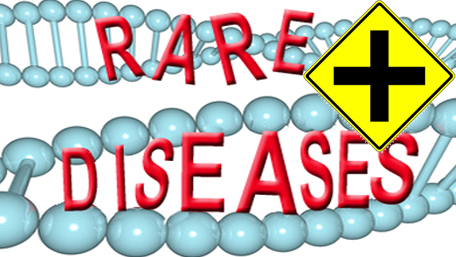
Rare Disease Day is celebrated on the last day of February each year. On that day, millions of patients and their families around the world share their stories in order to raise awareness about rare diseases and their impact. There are thousands of diseases that are individually rare but collectively common. In the United States,
Posted on by 1 CommentWhat is a “rare disease”? Polio eradication and primary immunodeficiency

During the last two decades, surveillance and strategic vaccination campaigns deployed by the Global Polio Eradication Initiative (GPEI) have reduced polio incidence worldwide by more than 99 percent. Wild poliovirus (WPV) cases are now uncommon, with only 222 new cases reported worldwide so far in 2014.* Endemic transmission is now limited to areas of just
Posted on byRare Primary Immunodeficiency Diseases and COVID-19: Evolving Insights and Implications for Clinical and Public Health Practice
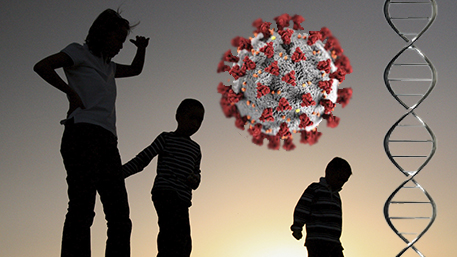
In this post, we explore how new research on rare genetic diseases is contributing to our understanding of COVID-19 occurrence and outcomes and discuss potential clinical and public health implications. Understanding the mechanisms involved in these inherited disorders may shed light on biological mechanisms and natural history of COVID-19. Primary Immunodeficiency and COVID-19 Primary immunodeficiency (PI)—often
Posted on byPopulation Screening for Rare Pathogenic Variants as the Low Hanging Fruit for Public Health Genomics Across the Lifespan
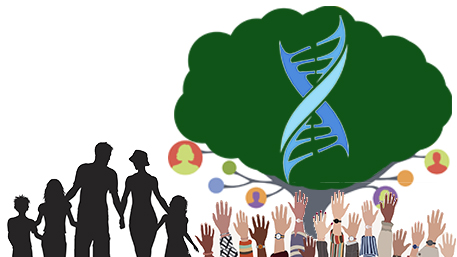
Rapid advances in human genome sequencing technologies have accelerated the integration of genomics into clinical practice. Genomics has demonstrated clinical utility as a diagnostic tool for certain diseases, but its potential for population screening is still work in progress. In principle, DNA-based population screening can identify persons with rare pathogenic variants who are at high
Posted on by 1 CommentPreventing Disease and Protecting Health Among Individuals at Increased Genetic Risk: A Lifespan Perspective and an Emerging Public Health Challenge

Since the completion of the Human Genome Project, major advances have occurred in the translation of human genome discoveries into clinical practice and disease prevention. As almost all human diseases are due to complex gene-environment interactions, the applications of human genomics should be pertinent to the prevention and control of many diseases, including rare and
Posted on byPublic Health Genomics at the Centers for Disease Control and Prevention: Happy 25th Anniversary!

In 1997, in response to the Human Genome Project, the CDC formed the Office of Genetics and Disease Prevention, now called the Office of Genomics and Precision Public Health (OGPPH). This was the beginning of the public health genomics movement in the United States and around the world. Our office continues to serve CDC programs,
Posted on by 1 Comment

